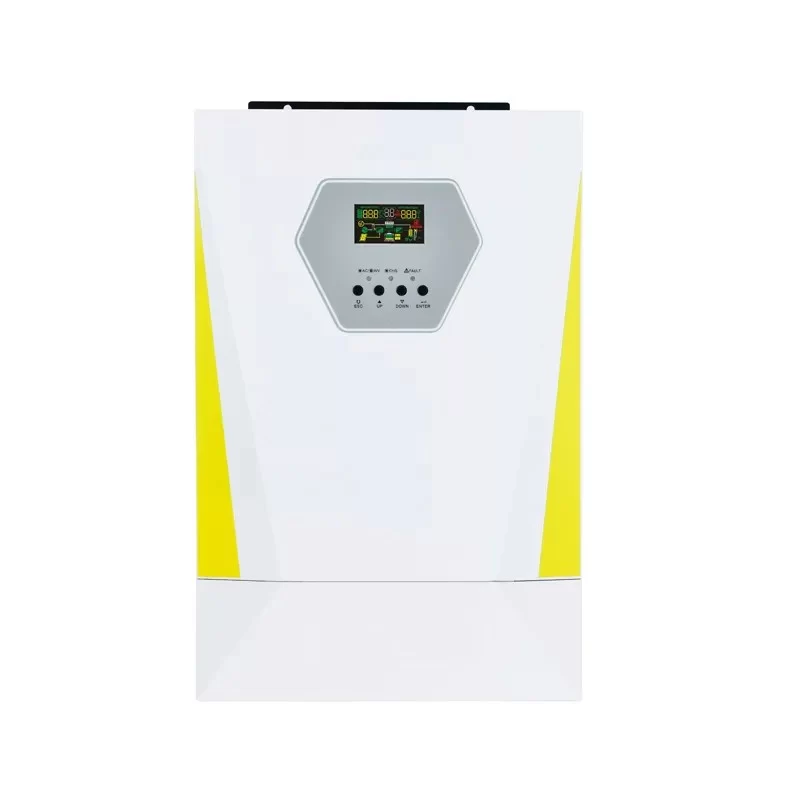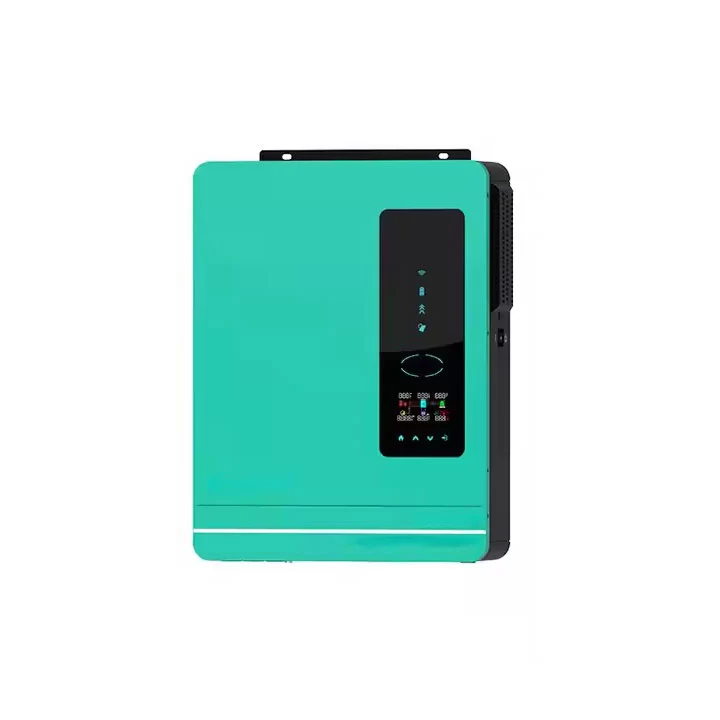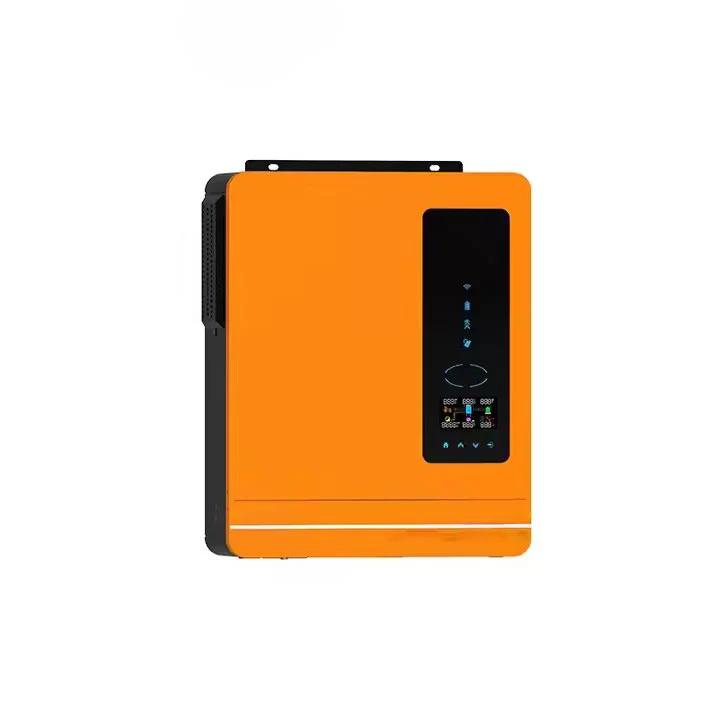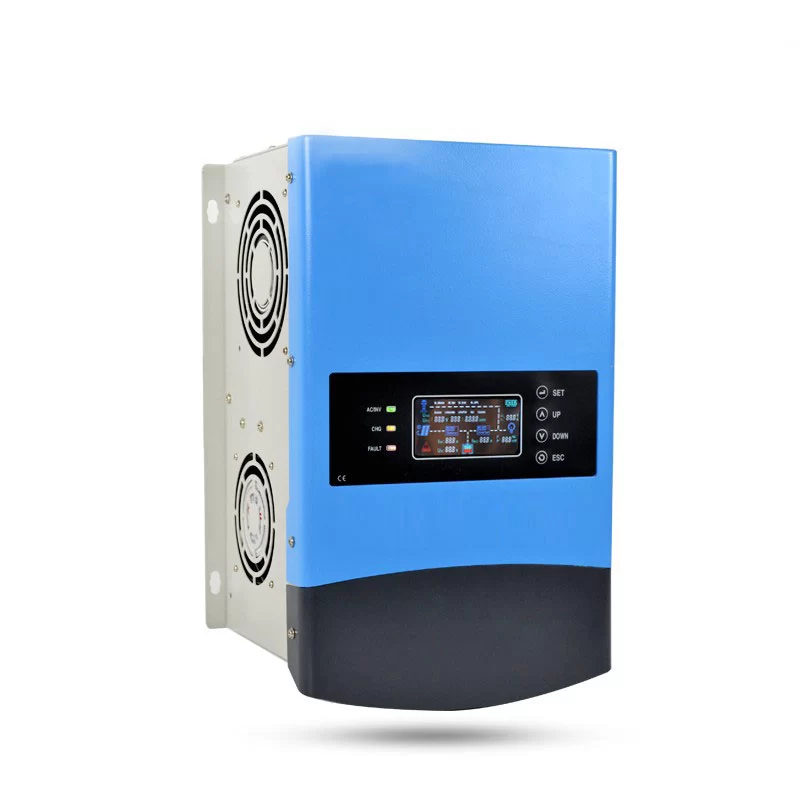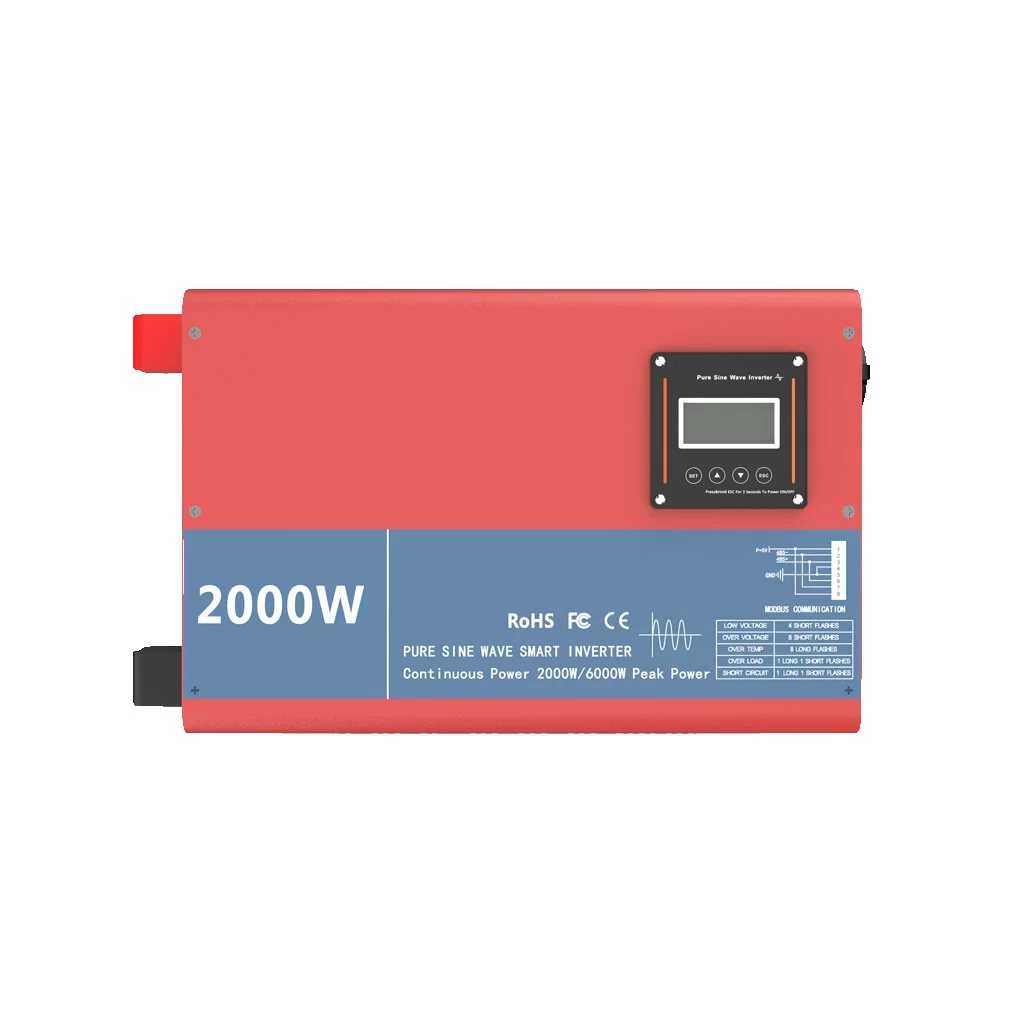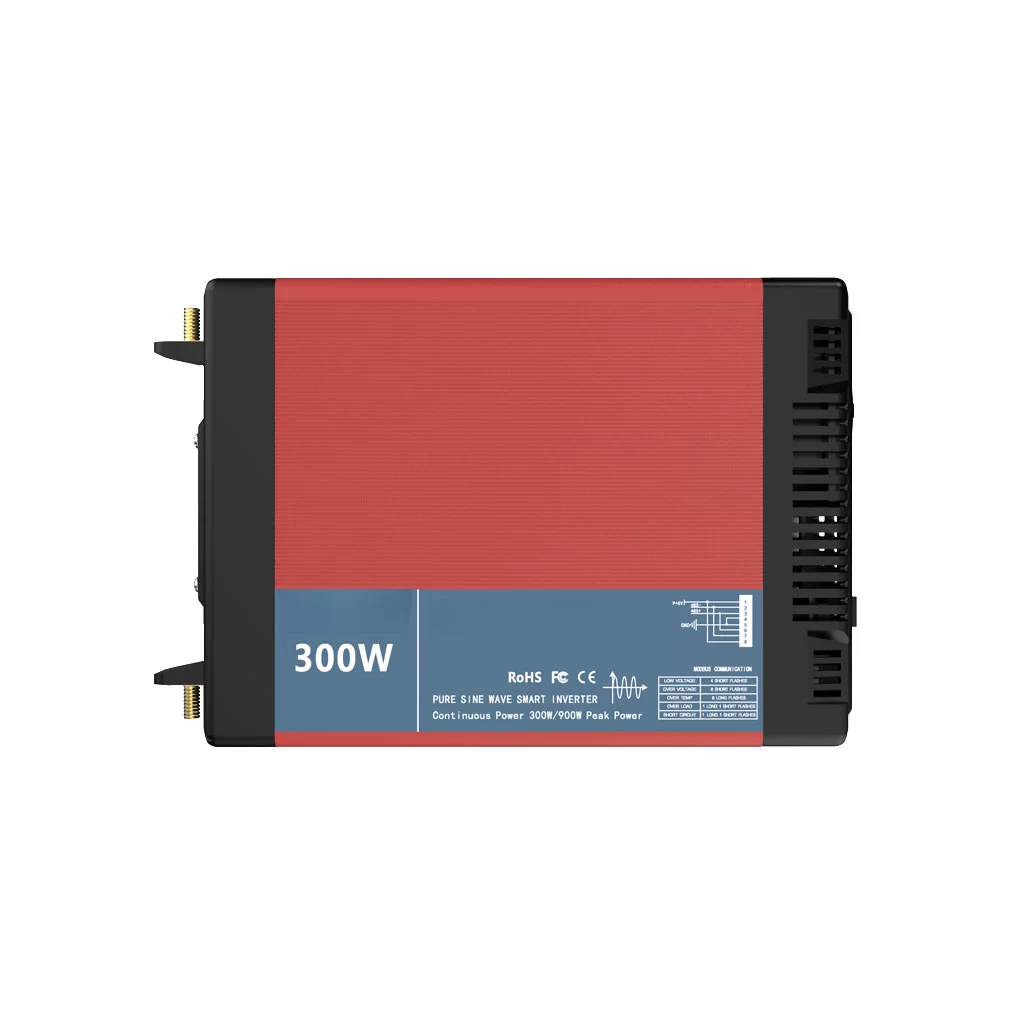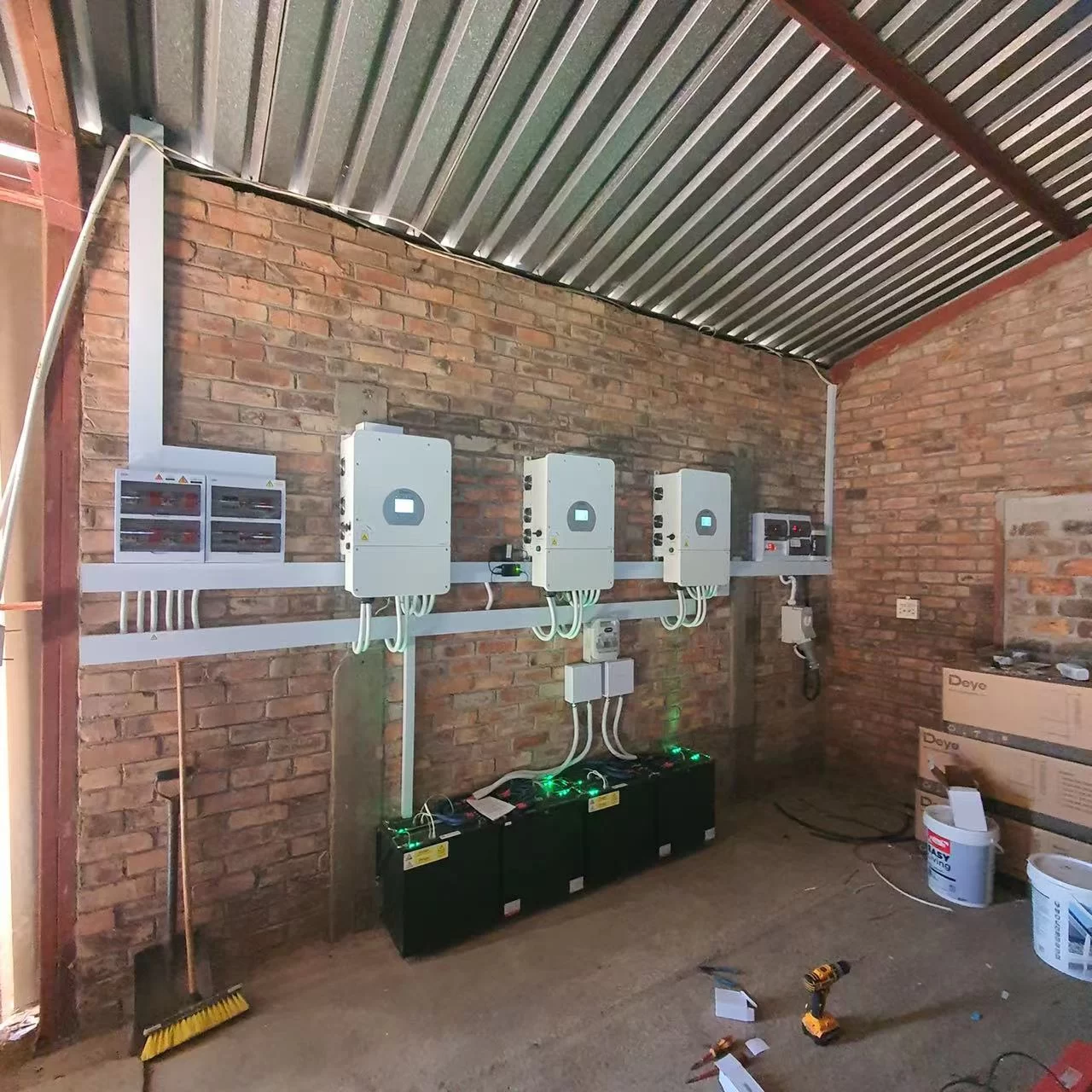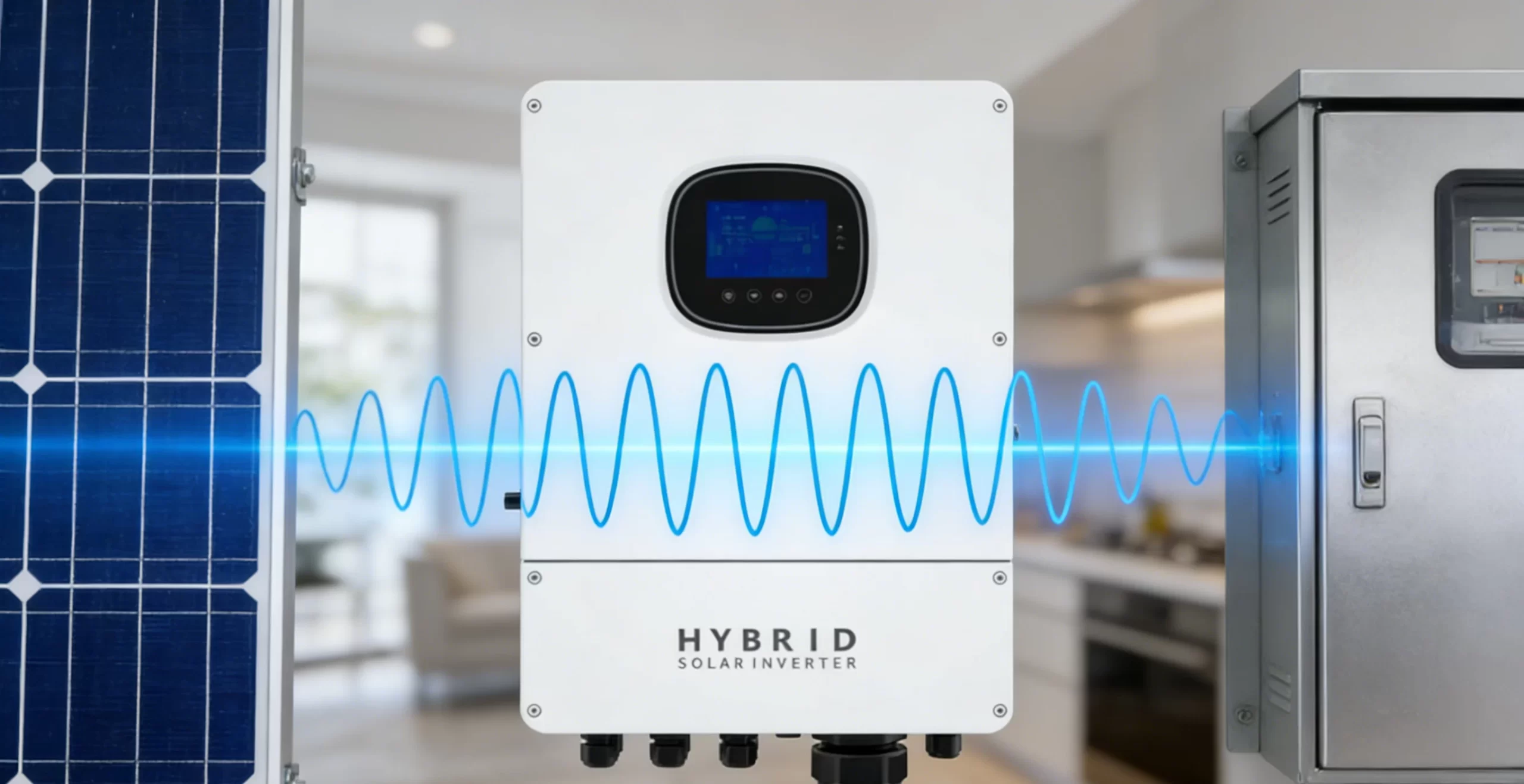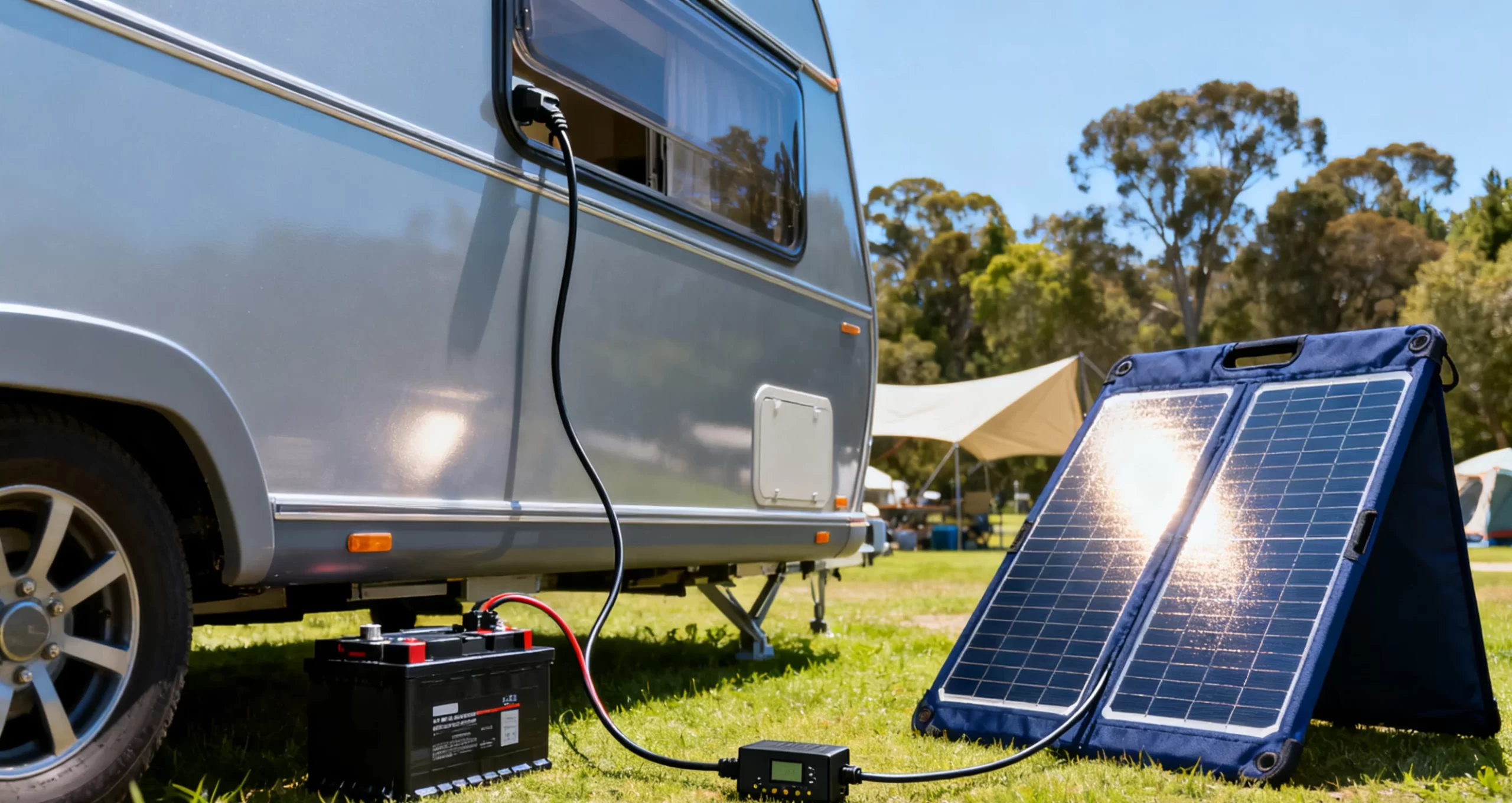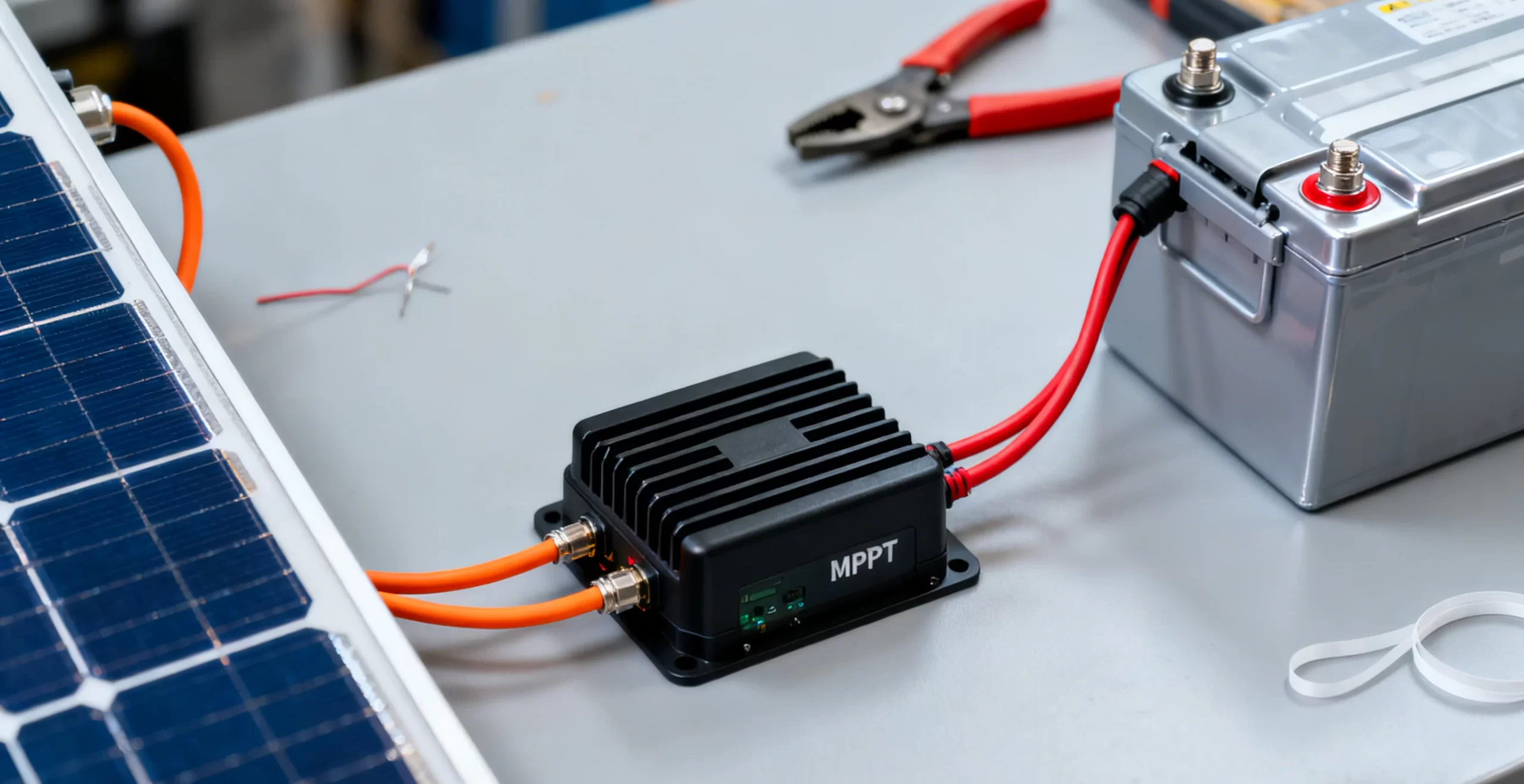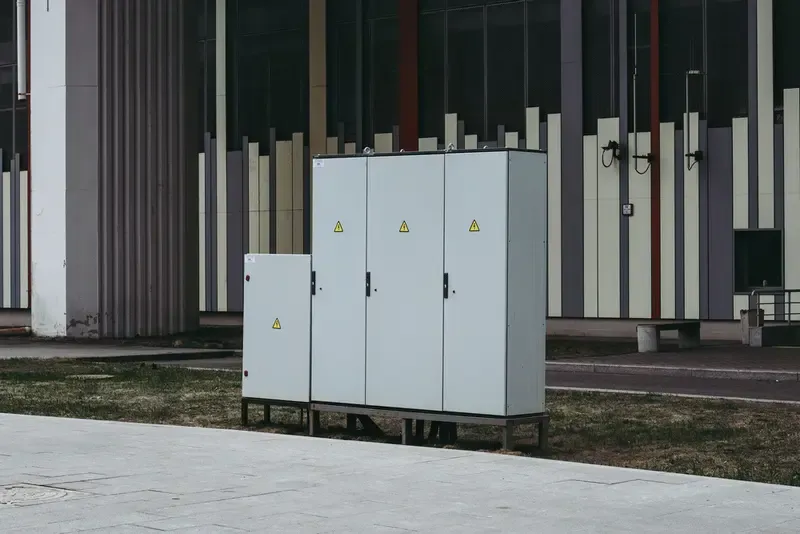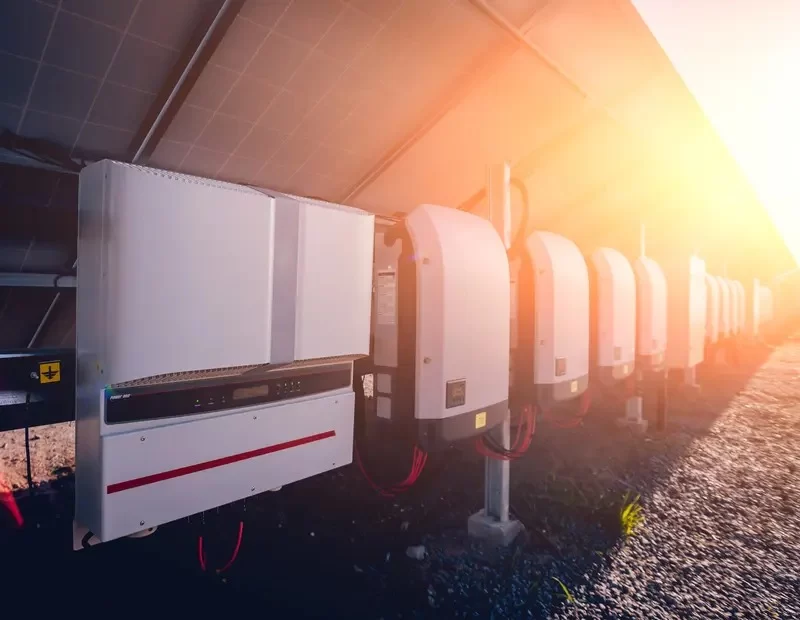- tel:+86-13651638099
- Email: [email protected]
- Official website: www.hj-net.com
- Address: 333 Fengcun Road, Fengxian District, Shanghai
Get A Quote Now!
Choosing the Best Lithium-Ion Battery for Your Inverter
Selecting the right lithium-ion battery for your inverter is crucial for ensuring optimal performance and longevity. With a range of factors to consider, making an informed choice can significantly impact the efficiency and reliability of your energy system. Here’s a comprehensive guide to help you make the best decision.
Assessing Battery Capacity
The first step in choosing a lithium-ion battery for your inverter is to assess its capacity, measured in ampere-hours (Ah). This figure indicates how much energy the battery can store and deliver to your inverter. A higher capacity battery can store more energy, which means it can power your inverter for a longer period before needing a recharge. Ensuring that the battery capacity aligns with your energy needs is essential for maintaining a stable and reliable power supply.
Evaluating Voltage Compatibility
Equally important is voltage compatibility between the battery and your inverter. The voltage of the battery must match the requirements of your inverter to ensure efficient and seamless operation. Mismatched voltages can lead to poor performance, reduced efficiency, or even damage to the components. Therefore, check the specifications of both the battery and the inverter to confirm they are compatible before making a purchase.
Considering Cycle Life
The cycle life of a lithium-ion battery is another crucial factor to consider. This term refers to the number of charge-discharge cycles the battery can handle before its capacity begins to decline significantly. A battery with a higher cycle life will last longer and provide a more reliable power source for your inverter. Investing in a battery with a robust cycle life can save you money in the long run by reducing the need for frequent replacements.
Assessing Size and Weight
The size and weight of the battery are also important considerations. Larger or heavier batteries may be more challenging to install and may affect the portability of your inverter system. Ensure that the battery fits well within the available space and does not hinder the installation process. Balancing size and weight with capacity and performance is key to optimizing the functionality of your energy system.
Safety Features
Safety should never be overlooked when selecting a lithium-ion battery. Look for batteries that come with built-in safety features such as overcharge protection and thermal management systems. These features help prevent potential hazards like overheating and overcharging, which can damage the battery and the inverter. By choosing a battery with robust safety features, you ensure a safer operation and extend the lifespan of both the battery and the inverter.
Brand Reputation and Reviews
Lastly, consider the brand reputation and customer reviews when selecting a lithium-ion battery. Established brands with positive customer feedback are often a reliable indicator of a battery’s performance and durability. Reading reviews can provide insights into real-world experiences and help you avoid products with frequent issues. Opt for brands known for quality and excellent customer support to ensure a satisfying purchase.
Conclusion
In summary, selecting the optimal lithium-ion battery for your inverter involves evaluating various factors including battery capacity, voltage compatibility, cycle life, size and weight, safety features, and brand reputation. By considering these aspects, you can make an informed decision and choose a battery that will enhance the performance and reliability of your inverter system.
Explore our range of high-quality lithium-ion batteries and find the perfect match for your inverter needs today.

